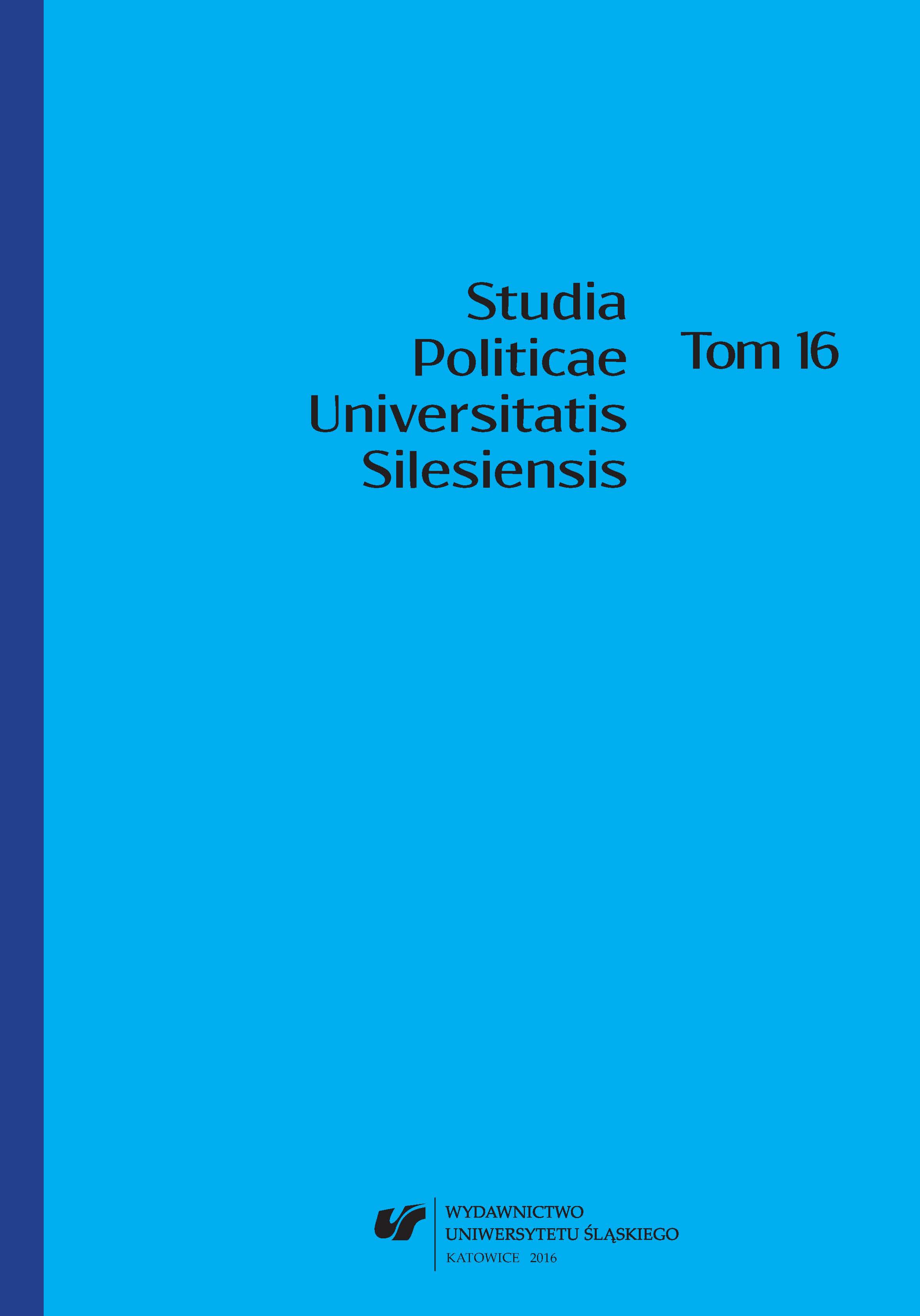Instytucjonalizacja współpracy terytorialnej w Unii Europejskiej na przykładzie europejskiego ugrupowania współpracy terytorialnej
The institutionalization of territorial cooperation within the European Union on the example of the European grouping of territorial cooperation
Author(s): Kazimierz JóskowiakSubject(s): Politics / Political Sciences, Public Administration, International relations/trade, EU-Accession / EU-DEvelopment
Published by: Wydawnictwo Uniwersytetu Śląskiego
Keywords: territorial cooperation; territorial competitiveness; harmonious development; institutionalization process
Summary/Abstract: Territorial cooperation — next to the convergence and regional competitiveness — is one of the three objectives of EU cohesion policy. It includes support for territorial competitiveness and promotes the harmonious development of the European Union within the framework of three components: cross‑border, transnational and interregional. The recognition of territorial cooperation as one of the objectives of cohesion policy resulted in the fact that the interests and actions of the institution of the European Union were directed among others to an institutional — legal and financial — strengthening of this cooperation. Despite the recognition of territorial cooperation as one of the objectives of cohesion policy the European Union has failed to develop a uniform legal framework enabling a collaboration with communities and local authorities through the creation of special‑purpose associations and concluding public‑legal agreements with the broadest scope based on legally held task areas. Only a legal instrument for territorial cooperation of a narrow scope was established. The model of the European grouping of territorial cooperation circled in the European Union law limits the scope of territorial cooperation to activities and projects supported financially by the European Union. The extension of the tasks of the grouping is also acceptable, but with the possibility of interference of the member states of the European Union in the additional scope. Despite the shortcomings in the model approach of the European grouping as a legal instrument of cooperation of communities and local authorities, the same legal structure of the grouping causes the exposure of functions of the institutionalization process of territorial cooperation. It’s not only about the number of bodies, standards and procedures, but also the method of creating certain forms of reconciliation, implement and control in each case.
Journal: Studia Politicae Universitatis Silesiensis
- Issue Year: 2016
- Issue No: 16
- Page Range: 69-94
- Page Count: 26
- Language: Polish

